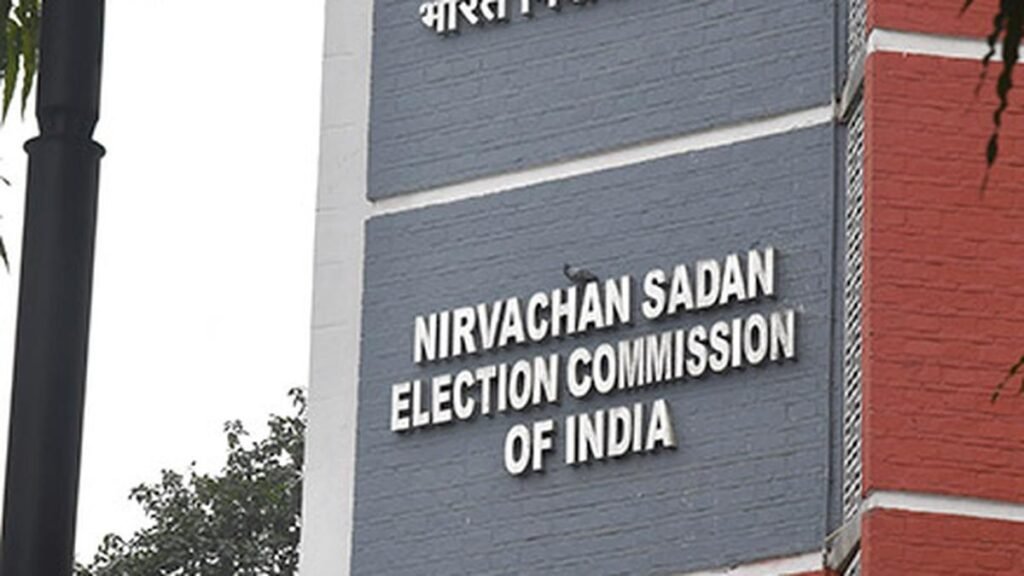On Wednesday, the Supreme Court agreed to expedite the hearing on March 15 of a plea concerning the possibility of the Centre exploiting the situation to its advantage in filling the two vacant positions of Election Commissioners in the Election Commission of India. This follows the unexpected resignation of Arun Goel prior to the Lok Sabha elections.
The Supreme Court, on Wednesday, decided to promptly hear a plea scheduled for March 15. The plea expressed concerns that the Centre might exploit the situation to its advantage in appointing two Election Commissioners following Arun Goel’s unexpected resignation before the Lok Sabha elections.
A Bench led by Justice Sanjiv Khanna consented to hear the plea filed by the NGO Association for Democratic Reforms. The NGO advocated for the suspension of the new law governing the appointment of Election Commissioners.
Stating a landmark Supreme Court judgment from March 2, 2023, in the Anoop Baranwal case, the NGO emphasized the need to reinstate the Chief Justice of India (CJI) on the esteemed selection committee chaired by the Prime Minister for appointing Election Commissioners to the top electoral body.
“The Executive now holds the power to appoint two Election Commissioners, potentially granting an unfair advantage to the Executive. Given the critical role of the Election Commission in ensuring free and fair elections, the appointment process must be perceived as fair and unbiased, devoid of any allegiance or favoritism towards the government of the time,” stated the NGO, represented by advocates Prashant Bhushan and Cheryl D’Souza.
In the case of Anoop Baranwal versus Union of India in March last year, a Constitution Bench led by Justice K.M. Joseph (now retired) mandated the appointment of the Chief Election Commissioner (CEC) and two Election Commissioners by the President, based on recommendations from a committee consisting of the Prime Minister, Leader of Opposition in the Lok Sabha or the leader of the single largest party in the Opposition, and the Chief Justice of India (CJI).
The court’s rationale was that the principles of “fierce independence, neutrality, and honesty” embedded within the institution of the Election Commission necessitated the termination of government monopoly and its “exclusive control” over appointments to the highest electoral body.
However, the government responded to the judgment by enacting a new law, The Chief Election Commission and Other Election Commissions (Appointment, Conditions of Service, and Term of Office) Act, 2023, which effectively overturned the court’s decision. This law substituted the Chief Justice of India (CJI) with a Cabinet Minister on the selection committee, granting the Centre a predominant role in the appointments process.
The NGO contended, “The ruling government should not exert excessive influence in appointing members of the Election Commission. Democracy is an integral aspect of the Constitution’s basic structure, and to ensure free and fair elections and uphold a healthy democracy in our country, the Election Commission must be shielded from political or executive interference.”
The application submitted by the NGO also highlighted that the Election Commission of India (ECI) is currently under the sole leadership of CEC Rajiv Kumar.
“With significant elections on the horizon, it would be unwise to leave the positions of the Election Commissioners vacant. The Election Commission’s role is paramount in guaranteeing free and fair elections, resolving disputes between political parties, and ensuring the accuracy of voter lists and voter turnout,” stated the application.
